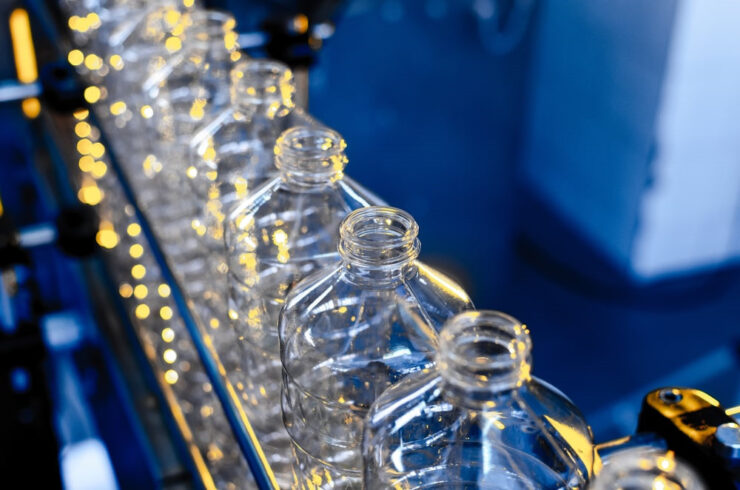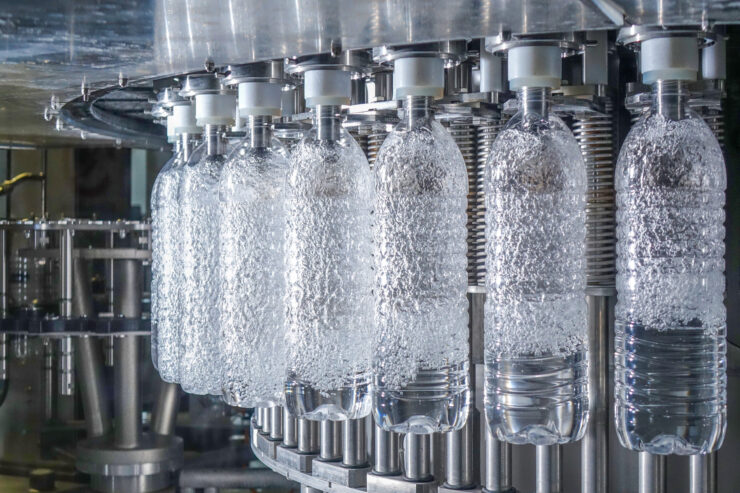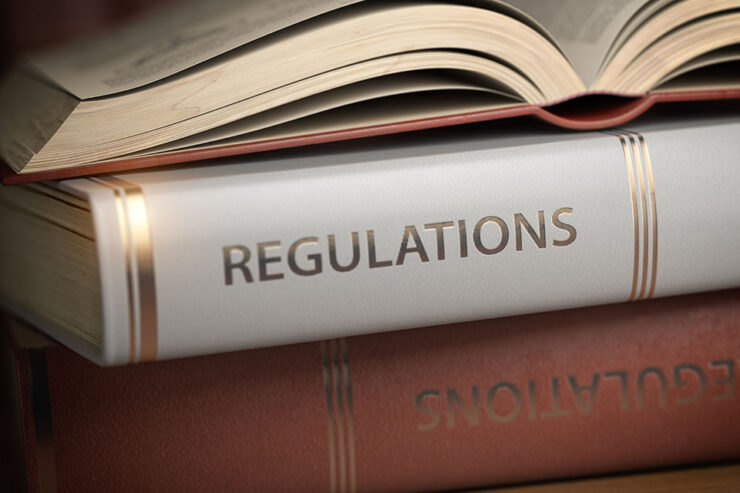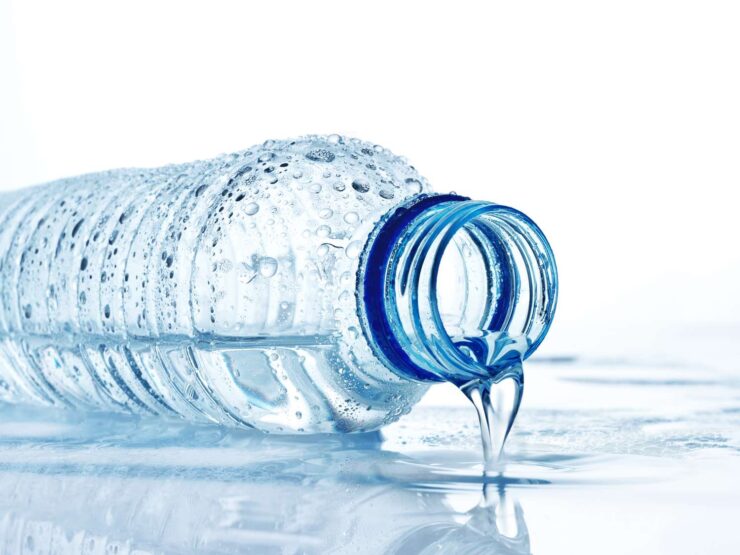Bottled water has become a ubiquitous product in our modern society, with millions of people around the world relying on it as a source of clean drinking water. However, the convenience of bottled water comes at a significant cost to the environment. The production, transportation, and disposal of plastic water bottles generate a considerable amount of waste and contribute to pollution and greenhouse gas emissions. Moreover, the high demand for bottled water can put pressure on water resources and harm ecosystems, particularly in regions with limited access to clean water.
As concerns about the environmental impact of bulk bottled water grow, there is a need for greater sustainability and corporate responsibility in the industry. Companies that produce and distribute bottled water have a responsibility to minimize their environmental impact and promote sustainable practices. Governments also have a role to play in regulating the industry and promoting sustainable alternatives to bottled water. Additionally, consumers have the power to drive change by making more informed choices and demanding more sustainable options. You can find here more about buying wholesale bottled water in bulk made of sustainable materials.
The problem with plastic and microplastics

The widespread use of plastic in the production of bulk bottled water has created a significant environmental problem. Single-use plastic bottles are a major contributor to plastic pollution, which poses a threat to marine life and ecosystems. In addition, the breakdown of plastic in the environment can lead to the formation of microplastics, which can be harmful to both wildlife and human health. The majority of plastic bottles are not recycled and end up in landfills or the ocean, where they can take hundreds of years to decompose.
The energy required for production and transportation
The production and transportation of bulk bottled water require a significant amount of energy, contributing to greenhouse gas emissions and climate change. The water must be sourced, treated, bottled, and transported to distribution centers and retailers, which involves the use of fossil fuels. Additionally, the energy required for the production of plastic bottles adds to the overall carbon footprint of the industry. The use of renewable energy sources and energy-efficient practices, such as water treatment technologies and alternative transportation methods, can help reduce the environmental impact of bulk bottled water.
Water sourcing and depletion
Bulk bottled water companies often source their water from natural springs or aquifers, which can have negative effects on local ecosystems and water resources. In some cases, the extraction of water for bottled water production can lead to the depletion of local water sources, which can have serious consequences for both people and wildlife. Furthermore, the transportation of water from distant locations can contribute to carbon emissions and environmental degradation. Sustainable water-sourcing practices, such as the use of rainwater harvesting and water recycling, can help mitigate these effects.
Land use and deforestation

The production of bulk bottled water requires land for bottling plants and distribution centers, which can lead to deforestation and habitat loss. This can have significant negative effects on biodiversity and contribute to climate change. In addition, the transportation of water and plastic bottles requires infrastructure such as roads and shipping lanes, which can further contribute to habitat destruction. Sustainable land use practices, such as reforestation and the use of green infrastructure, can help mitigate these effects.
Corporate responsibility and sustainability
Corporate responsibility and sustainability play a vital role in reducing the environmental impact of bulk bottled water. Many companies are taking steps to reduce their environmental footprint by investing in more sustainable packaging options, such as biodegradable or reusable bottles, and sourcing water from more sustainable sources. Companies are also implementing energy-efficient practices in their production and distribution processes and working to reduce their greenhouse gas emissions. Additionally, corporate social responsibility initiatives can engage with local communities to ensure that water resources are protected and conserved.
Consumer responsibility and behavior change
Consumers have a significant role to play in reducing the environmental impact of bulk bottled water. They can reduce the use of single-use plastic bottles by choosing more sustainable alternatives, such as reusable water bottles and water filtration systems. Additionally, consumers can support companies that prioritize sustainability and environmental responsibility. Education and awareness campaigns can also motivate consumers to make more sustainable choices and adopt behaviors that reduce their environmental footprint.
Government regulations and policies

Government regulations can play a significant role in reducing the environmental impact of bulk bottled water. Policies that encourage more sustainable production and distribution practices can incentivize companies to reduce their environmental footprint. Additionally, measures to reduce plastic pollution and protect natural resources, such as water sources and forests, can help mitigate the negative effects of bulk bottled water. Government policies can also support sustainable alternatives to bottled water, such as public water fountains and refill stations.
The role of education and awareness
Education and awareness campaigns can be effective in reducing the environmental impact of bulk bottled water. By educating the public about the negative impacts of plastic pollution and the benefits of sustainable alternatives, individuals can be empowered to make more informed choices. Educational campaigns can be targeted toward different groups, such as schools, universities, and workplaces, to promote behavior change and encourage the adoption of more sustainable practices.
Alternative solutions
There are alternative solutions to bulk bottled water that can help reduce its environmental impact. For example, point-of-use water filtration systems can provide clean drinking water without the need for plastic bottles. Additionally, public water fountains and refill stations can make clean drinking water accessible to everyone, reducing the need for individuals to purchase bottled water. Companies can also explore more sustainable packaging options, such as biodegradable or compostable materials, to reduce the amount of plastic waste generated by the industry.
Collaboration and collective action

Reducing the environmental impact of bulk bottled water requires collaboration and collective action from all stakeholders. This includes governments, businesses, consumers, and civil society organizations. By working together towards a common goal of sustainability and environmental responsibility, we can create a more sustainable future. Collaboration can take many forms, such as partnerships between companies and non-governmental organizations, multi-stakeholder initiatives, and public-private partnerships. By pooling our resources and expertise, we can create innovative solutions to reduce the environmental impact of bulk bottled water.
Harnessing QR Codes for Sustainable Bottling
QR codes are emerging as a transformative tool in mitigating the environmental impact of bottled water, offering more than just a trendy glimpse into product details. Progressive manufacturers are embedding these scannable codes on labels to foster environmental transparency and consumer education. A quick scan unveils a company’s sustainability practices, such as eco-friendly packaging and carbon footprint reduction efforts, enabling consumers to make informed, value-aligned choices.
In response to growing concerns about the environmental impact of bottled water, some companies are exploring sustainable packaging options and alternative solutions like the Adobe Express QR Code Generator, which allows consumers to access product information and promotions digitally, reducing the need for physical packaging and potentially decreasing waste.
This innovation extends beyond mere information sharing; it encourages the exploration of sustainable alternatives like using reusable bottles and supporting local clean water initiatives. The incorporation of QR codes is poised to become a prevalent practice, driving significant eco-conscious advancements in the bottled water sector.

